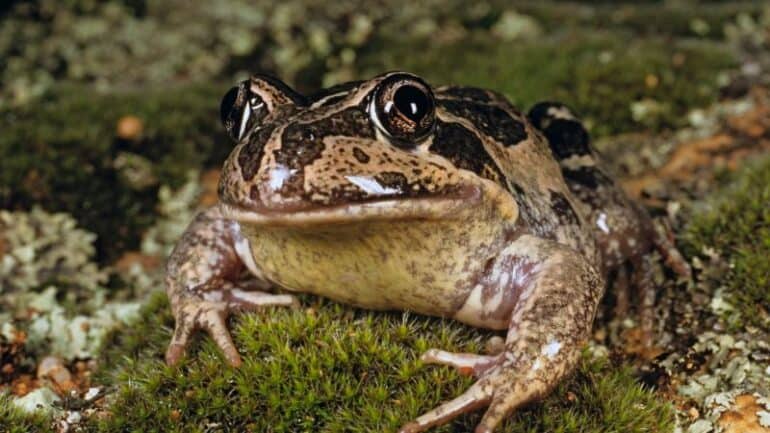A recent study has found that frogs exhibit accents on an individual level within species groups.
It turns out that not all frogs sound the same. Researchers collaborated with citizen scientists and established their research on banjo frogs.
Listen to the episode below to find out science stories you might have missed in June
On today’s episode of The Science Briefing, Dr Sophie Calabretto and Cosmos journalist Jacinta Bowler talked about the complexity of frogs’ vocalisations.
The study was focused on banjo frogs, also known as pobblebonk, which are a group of four closely related species found throughout various habitats in Australia.
The study analysed 700 different banjo frog calls, and the audio recordings were collected through the FrogID project, an app developed by the Australian Museum,
“Frog ID is an app set up by the Australia Museum where citizen scientists can record calls of frogs from around the country. This was extremely useful because these frogs are everywhere. They’re from WA, Tassie to far north Queensland,” Bowler said.
Bowler said enthusiasts and nature lovers would contribute data by recording frog calls from different locations across the country.
“The data they collected spanned over 1.7 million square kilometres. If the researchers were to collect 700 calls in all of these places, that would have taken an extremely long time and a lot of money,” they said.
The study’s findings suggest that the variations in frog accents are not strongly linked to habitat structure, as previously believed. Instead, the researchers propose that factors such as noise from other animals.
Anthropogenic sounds like wind and water also play a significant role in shaping the unique accents of these amphibians.
“This is important because frogs are just trying to find little female frogs to have a good time with, and if they can’t get their call out there as far as they would like to, they might not be able to find a match.
Introducing The Science Briefing: a podcast about the science of everything and your new go-to podcast for your snapshot of science news. Hosted by Dr Sophie Calabretto and featuring journalists from Cosmos Magazine. Hear it on the LiSTNR app now.
